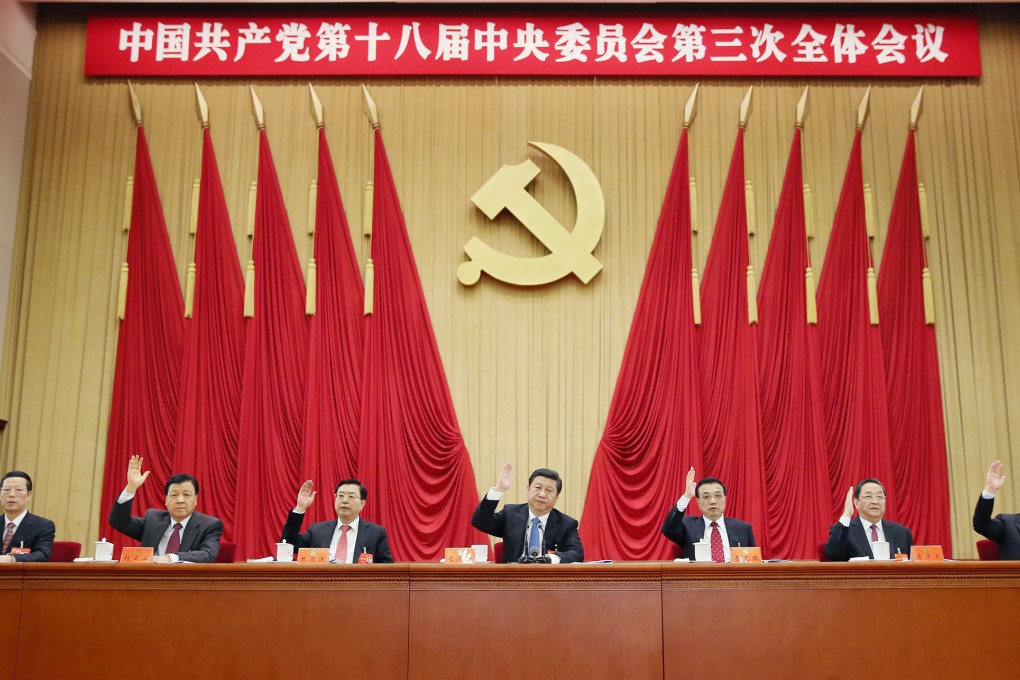Opinion | Let 2014 be China's year of reform
Hu Shuli says the government can start by plucking some low-hanging fruit while it works on more complex plans for overdue change

The arrival of 2014 marks the start of China's real work of implementing major reforms.
Last year was a year of great change. Under a new leadership, the country brimmed with hope that long-stalled reforms could be rolled out, yet debate on which way to go grew ever more fractious. An anxious people waited for nearly a year before Beijing unveiled its blueprint for "comprehensively deepening reforms" at the third plenum of the Communist Party's 18th Central Committee. The move underlines top leaders' resolve to push on with reform, signalling there is no backing out.
Will there be truly groundbreaking change in areas of entrenched problems? We'll have to see. But at least there can be no argument now that change is needed.
The devil is in the details, however. A consensus will still have to be reached on the specifics - from change in which areas and at what level, to the methods and strategies to adopt. This is no mere battle of ideas; it is a tussle between different interest groups.
To achieve comprehensive change in all areas is not easy. It would help if we keep an open mind and protect the public space for rational discussion.
On topics that are especially controversial and problems that are particularly complex, the authorities should refrain from running roughshod over people's views. They should instead focus on solving the real problems at hand, first targeting the major bottlenecks with workable fixes.
In other words, we should first pick the low-hanging fruits. Some early success will mobilise public support for further reform. Officials can't afford to drag their feet.
